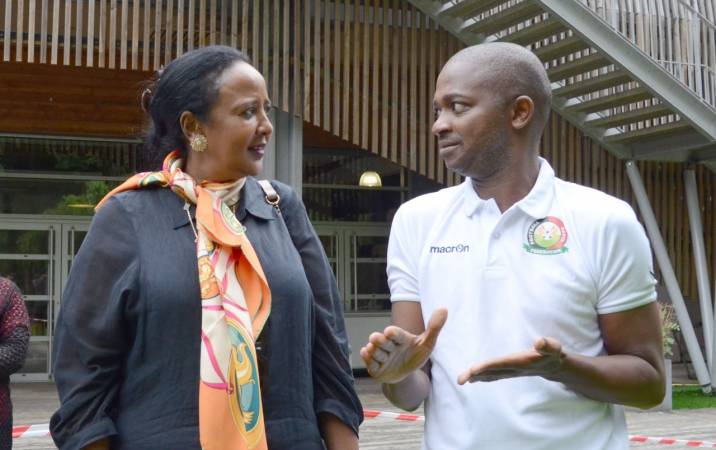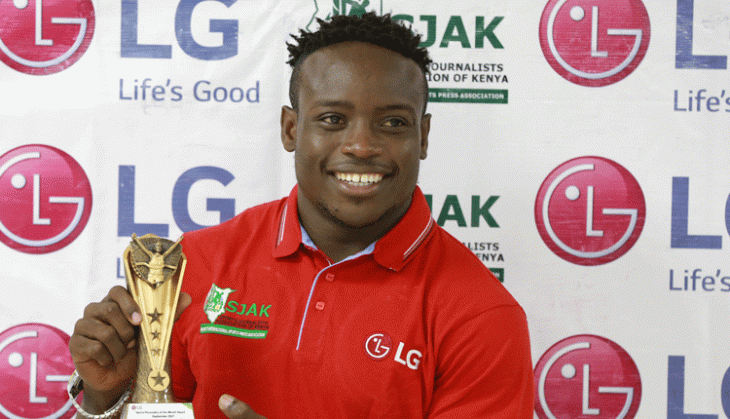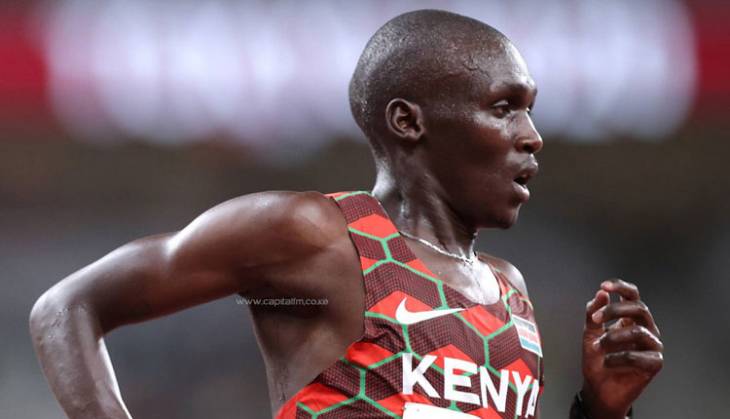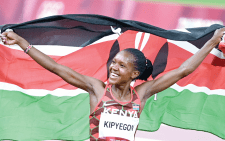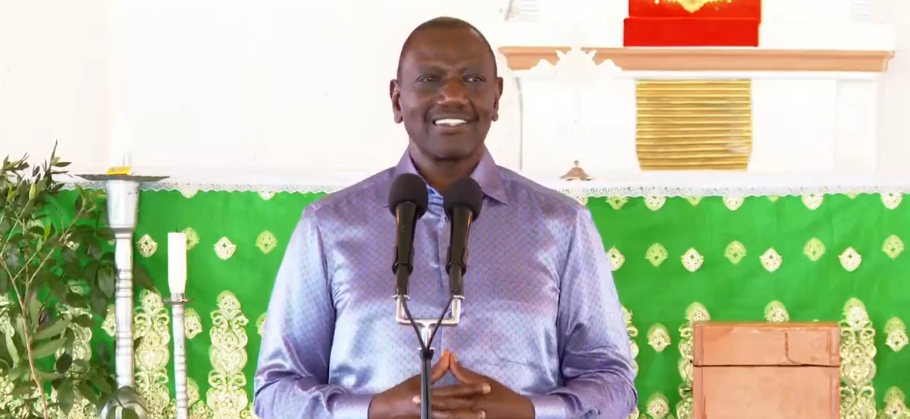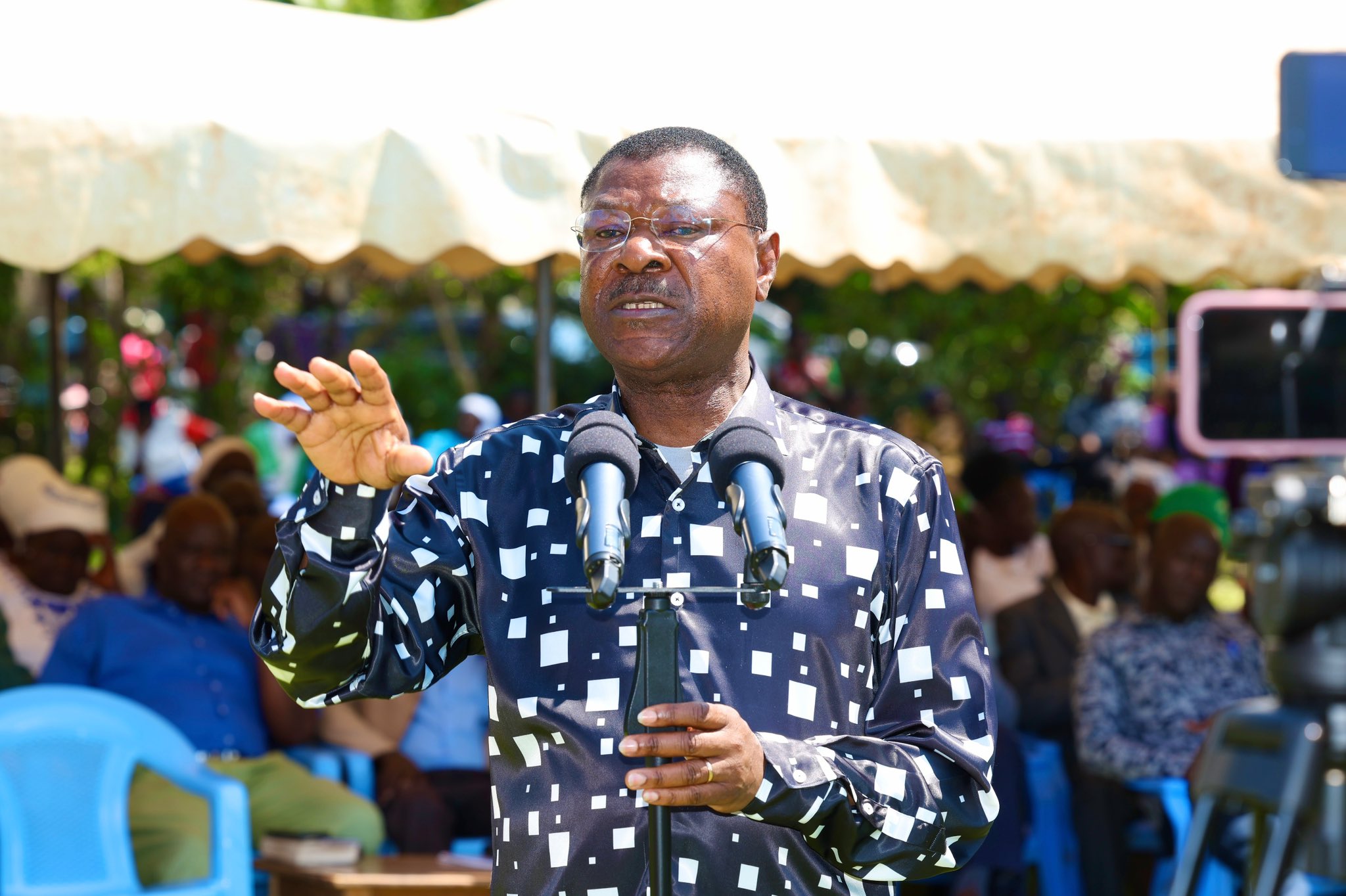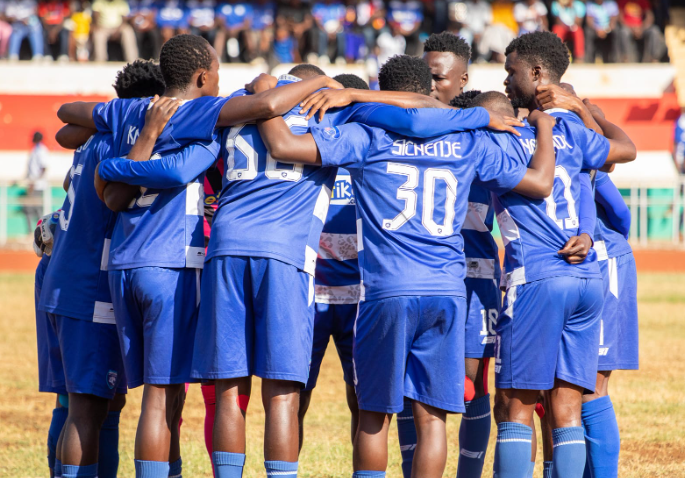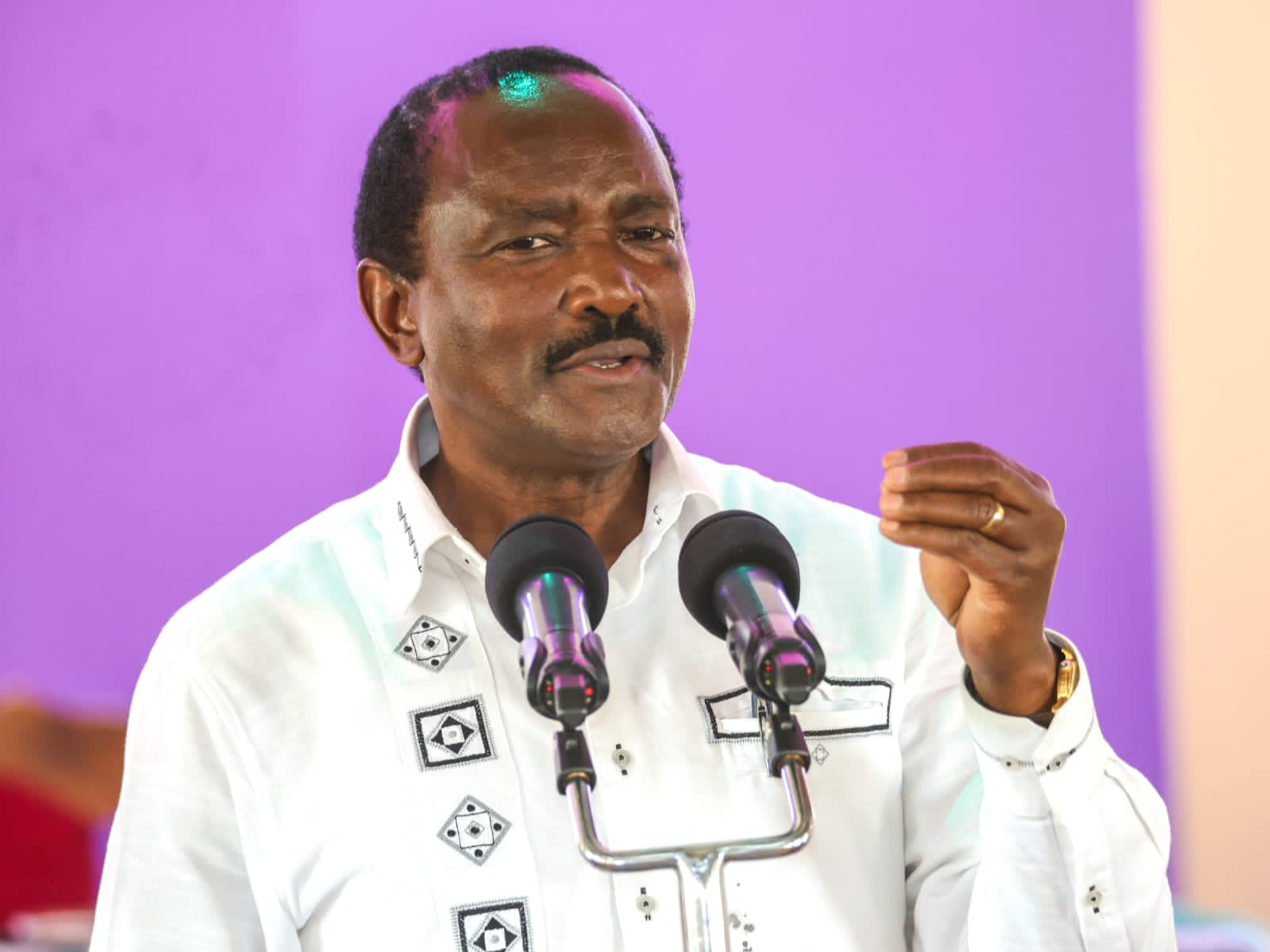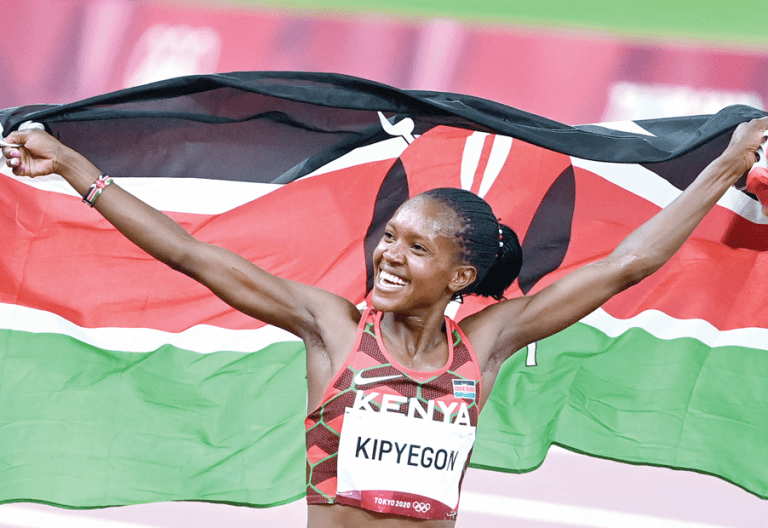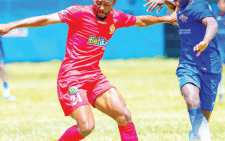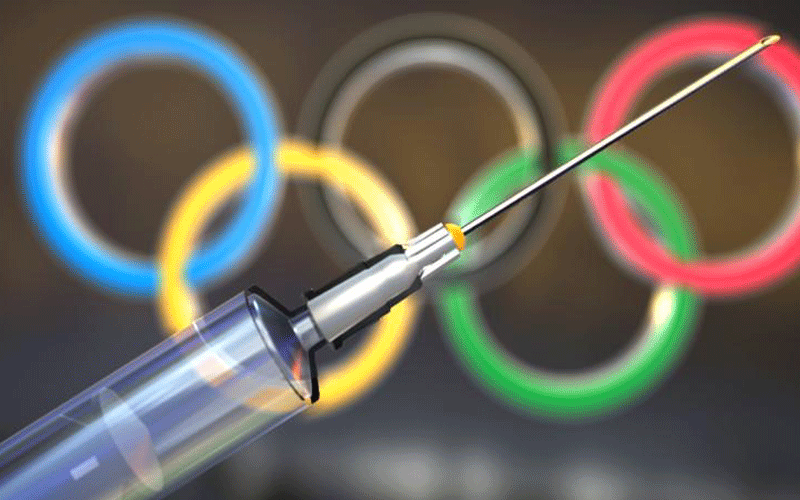In doping scandal, European country opts for ‘honourable surrender’
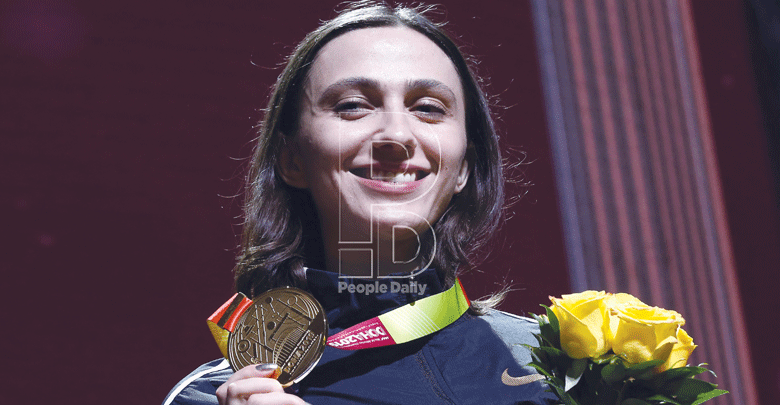
Moscow has a reputation for fiercely defending its standing on the world stage, but in a years-long and embarrassing doping scandal in sports, it’s playing a different game.
Russia is banned from the Tokyo Olympics this summer, a ruling stemming from revelations in 2015 that officials covered up widespread use of performance-enhancing drugs among its athletes.
Instead of going on the offensive, observers say, Moscow is preoccupied with mitigating the fallout from the reputational blow.
“The conflict is frozen,” says Alexei Durnovo, a sports columnist at the independent Ekho Moskvy radio, using terminology that recalls stagnant post-Soviet conflicts.
“We have accepted an honourable surrender, which is to compete without a flag and without an anthem,” he said. “Things could have been a lot worse.”
Russia was banned for four years from major sporting events by the World Anti-Doping Agency (WADA) in 2019 in the wake of findings that officials manipulated data to cover up positive tests.
The Court of Arbitration for Sport (CAS) reduced Russia’s ban from four years to two in December 2020 and clean athletes can compete under a neutral banner.
Russian Olympic Committee President Stanislav Pozdnyakov in an interview with AFP didn’t lash out against the ban, only saying he regretted it also applied to President Vladimir Putin attending events.
Kremlin controlled-media which usually amplify official claims that the ban is a Western plot to sideline Russia has been unusually quiet about the controversy ahead of the Games.
So too has Putin. In an address at the end of June to Russian athletes headed to Tokyo, he made no mention of the official suspension.
While team Russia will not be in Tokyo, 335 of its clean athletes will be there, making it one of the largest Olympic delegations. -AFP
